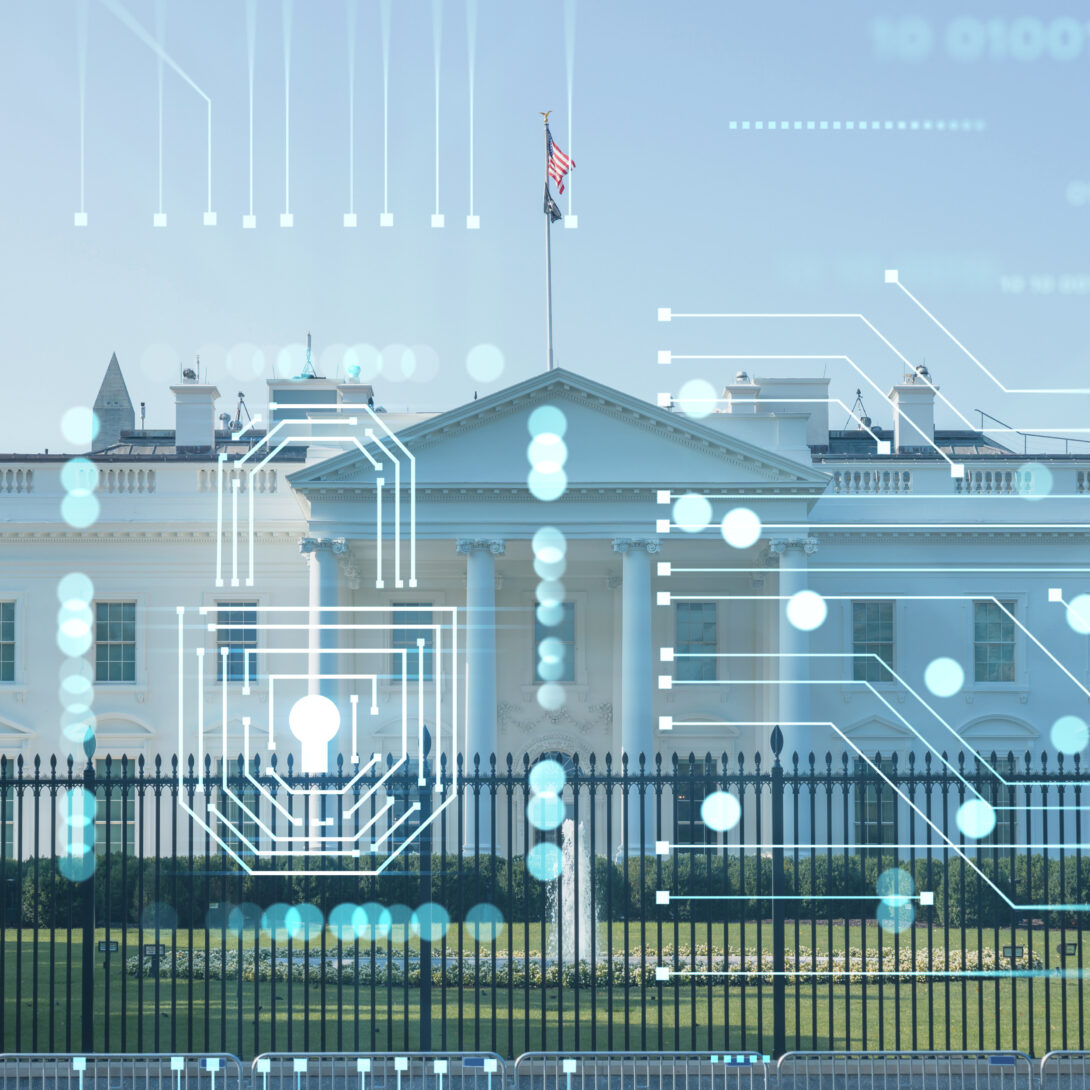AI Policy: U.S. passes sweeping artificial intelligence executive order
AI Policy: U.S. passes sweeping artificial intelligence executive order Heading link

On October 30, 2023, President Biden issued an executive order to protect Americans from the potential risks of artificial intelligence (AI) systems. A milestone for AI policy in the U.S., the order addresses a diverse range of issues with far-reaching implications for government agencies, businesses, and consumers.
Using the Defense Production Act, the order requires companies to perform safety tests and share red-teaming results with the government before rolling out any new AI products. It also addresses a range of concerns including data privacy, disinformation and national security. The government is also directing federal agencies to explore AI’s potential implications for civil rights, innovation, education, healthcare, and the economy.
Before signing the executive order, President Biden acknowledged that AI is “all around us” and although it’s making our lives better it must be regulated.
“One thing is clear,” said President Biden. “To realize the promise of AI and avoid the risk we need to govern this technology.”
Dr. Ian Kash, Associate Professor for UIC’s online Master of Engineering with a focus area in AI and Machine Learning (MEng) program in the College of Engineering, isn’t surprised by the executive order. One connection he draws is the topic of privacy. Although there is no comprehensive federal privacy law, Dr. Kash anticipates the emergence of AI regulations, similar to existing state regulations that safeguard consumer data collected by companies.
“Privacy has been an ongoing issue that has prompted various forms of regulation in the United States and across the globe,” said Dr. Kash. “It’s very much a live issue, and there’s still a lot of work to be done to translate the idea of protecting people’s privacy into actual rules and decisions.”
As for AI, Dr. Kash doesn’t see anything new or radical about the idea of this executive order. He believes that when the decision-making of major corporations is impacting people’s lives it is imperative to establish regulations and guardrails. This ensures that society feels protected in a fair and reasonable manner.
Attempting to navigate a middle course, President Biden’s executive order will permit largely uninterrupted AI development while implementing modest regulations. It also prompts the federal government’s intent to closely monitor the AI industry in the coming years.
“I don’t think there will be a major slowdown on the advancement of AI,” said Dr. Kash. “We’ve seen privacy regulation grow and it has not choked off the growth of the internet and e-commerce. Regulation has not fundamentally stood in the way of rapid advancement. We’re just seeing some of the first tentative steps towards regulating AI.”
Following the executive order, the White House launched a new website, AI.gov, to provide ongoing information about government AI initiatives, offer educational resources and serve as a job portal for AI experts.
UIC’s online MEng program has established mechanisms to ensure compliance with the guidelines and requirements outlined in the executive order and has implemented these topics into the curriculum and courses. For instance, the MEng course, CS 412: Intro to Machine Learning, has been updated to incorporate fairness in machine learning, including the introduction of various metrics of fairness on real prediction outcomes, and the design of regularization terms to promote fairness in existing machine learning algorithms.
“Our MEng curriculum has been augmented to introduce ethics and social responsibility,” said UIC MEng Associate Professor Dr. Xinhua Zhang. “This includes reporting on how UIC’s AI education in the online MEng program addresses safety, fairness, and ethical considerations.”
Position yourself at the forefront of innovation. To learn more about UIC’s online MEng program, talk to an enrollment specialist today.